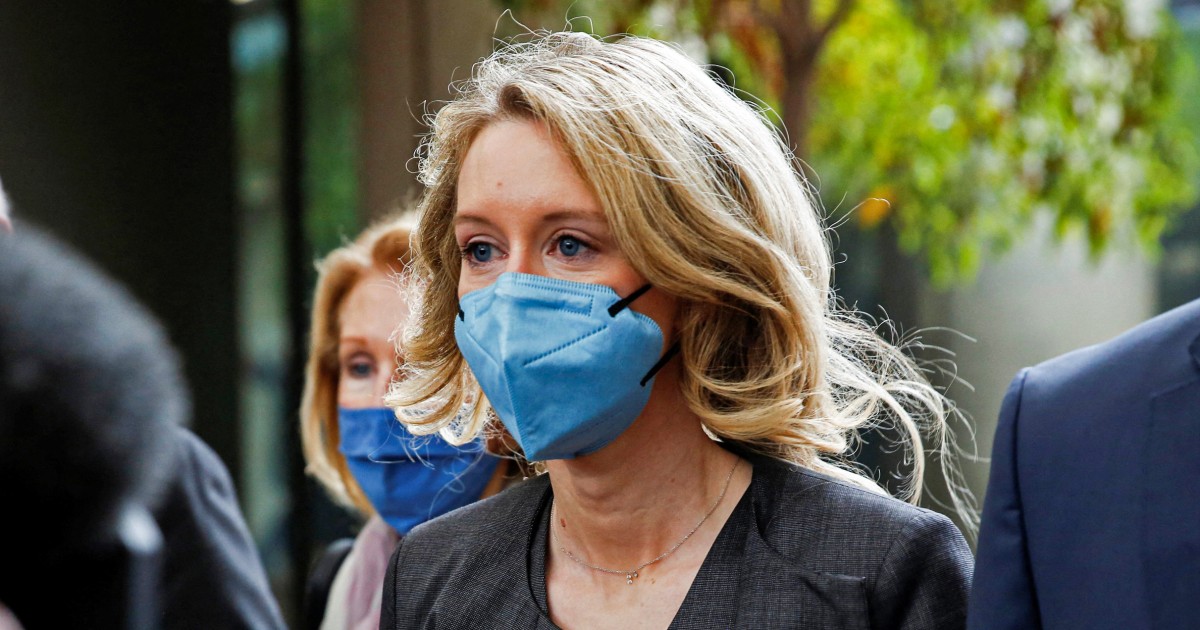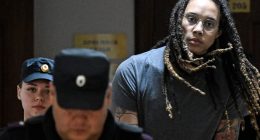
A jury said it was deadlocked on three charges Monday in the federal trial of Theranos founder Elizabeth Holmes, a monthslong examination into whether she duped investors in her failed blood-testing startup.
The jury, which has been deliberating for seven days in the fraud trial, sent a note to the judge saying it was unable to decide on three of the 11 fraud counts. Holmes, the face behind a modernized blood test, potentially faces 20 years in prison, fines and potential restitution to defrauded investors.
Judge Edward J. Davila, at the prosecutor’s request, read the jury instructions known as an “Allen charge” — telling them to resume deliberations and attempt to reach a verdict on the three charges.
“As jurors, you have a duty to discuss the case with one another and to deliberate in an effort to reach an unanimous verdict, if each of you can do so without violating your individual judgment and conscience,” Davila read.
“You should not, however, change an honest belief as to the weight or effect of the evidence solely because of the opinions of your fellow jurors or for the mere purpose of returning a verdict,” he said.
But he also told the jury that they shouldn’t feel pressured to quickly return a verdict.
“Take as much time as you need to discuss things,” Davila added. “There is no hurry.”
At the defenses’ request, the judge also read the jury instructions reminding them of how defendants are presumed innocent until proven guilty and of the burden of proof.
The jury was then sent back to the deliberation room to continue considering the charges.
The “Allen charge” is “dreaded” by defense lawyers, said NBC News legal analyst Danny Cevallos.
“Defense attorneys don’t like it because we assume that the minority are holdouts for acquittal. It pressures them to give up and go along with the guilty folks,” said Cevallos.
Holmes and her co-defendant, Ramesh “Sunny” Balwani, face multiple counts of wire fraud and conspiracy tied to her efforts to entice investment to Theranos, her failed blood-testing startup company which ceased operations in 2018.
Holmes said her revolutionary invention could offer comprehensive diagnostic results with a simple finger prick. But The Wall Street Journal reported in 2015 that Theranos devices were inaccurate, beginning the company’s eventual downfall.
Federal prosecutors have said that Holmes intentionally duped investors into supporting a product she knew was faulty, particularly as Theranos began to teeter on bankruptcy.
Her defense argued that Holmes truly believed in her product, casting her as a young visionary who made mistakes.
This is a developing story, please check back for updates.
Source: | This article originally belongs to Nbcnews.com









